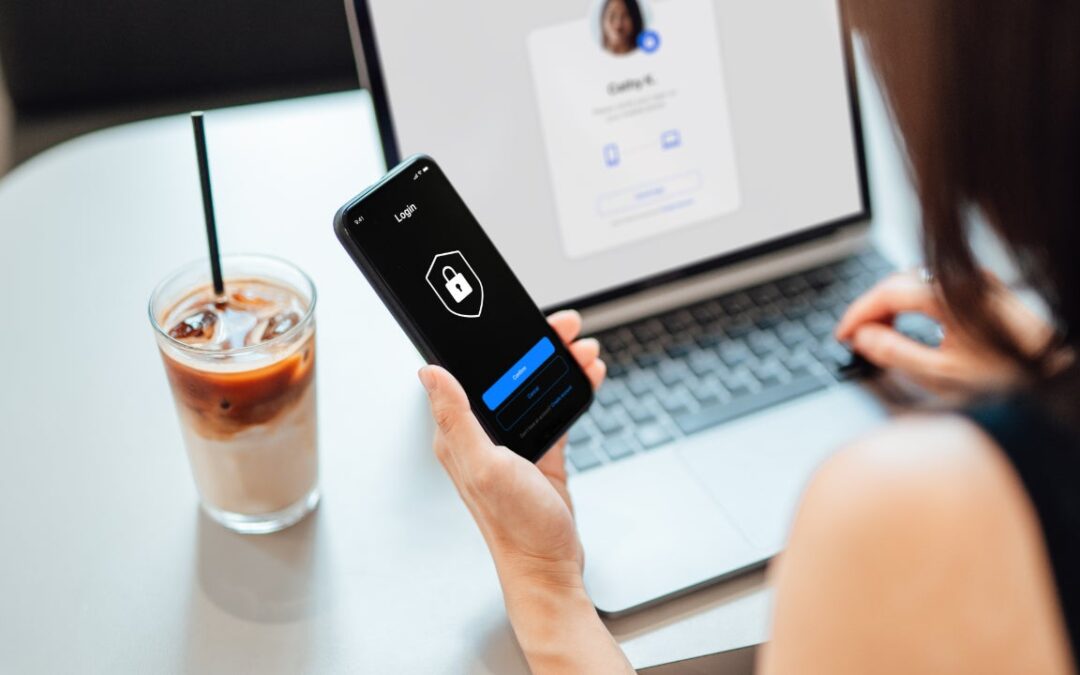Your identity is important and it must be protected at all times. If you become a victim of identity theft, reclaiming your identity and restoring your financial status can be a difficult and time-consuming process. However, with careful planning you can prevent a scammer from assuming your identity and accessing your finances or misusing your personal information to commit crimes. Here we discuss some simple yet effective preventive steps to protect your identity from criminals.
1. Safeguard your Social Security Number
Your Social Security Number is the key to your finances. An identity thief can use your Social Security Number to commit offenses such as applying for credit, filing false tax returns, getting a job, applying for a mortgage, and opening bank accounts. To protect your Social Security Number, control who has it. If a business or other organization asks for your Social Security Number, offer your driver’s license number instead. If the business insists, ask why it is necessary to provide your Social Security Number and how it will be handled. Do not carry your Social Security Number card everywhere. Documents containing the Social Security Number should be kept safely or shredded before trashing.
2. Do not share sensitive information
To gain access to sensitive information, scammers often make phone calls pretending to be representatives of government agencies or send emails that may appear authentic. Do not share sensitive details on the phone, click on suspicious-looking links, or respond to SMS asking for personal details.
3. Use strong passwords
Use a password manager to create and store complex, unique passwords for your accounts. Do not use the same passwords for different accounts. Also, implement a multi-step verification process to secure your online passwords. Do not post information on social media that gives away key clues about answers to security questions.
4. Use alerts
Many credit card companies and banks send texts or emails when transactions are made on your accounts. Sign up for notifications so that you know when and where your credit cards are used.
5. Keep an eye on your mailbox
Missing mail could be a sign that somebody is trying to steal your identity. If you are going on a vacation, hold your mail. You can use the USPS Hold Mail service to hold your mail at your local Post Office facility.
6. Shred, shred, and shred
Any document that has personal and financial details should be shredded and then discarded. Non-shredded information that you have tossed in the trash can help identity thieves assume your identity (at least financially) and start getting loans and making purchases using your good credit.
7. Use a digital wallet
If you are paying online or in a store, use a digital wallet or an app containing secure and virtual versions of credit and debit cards.
8. Protect your mobile devices
Use strong passwords on your electronic devices. Use a banking app instead of a mobile browser for banking.
9. Check your credit reports regularly
Monitor your credit reports so you can report unauthorized activity, if you spot one. If your monthly bills do not show up on time, contact the credit card companies. It could be a sign of someone changing your mailing addresses to conceal fraudulent charges.
If you suspect you are a victim of identity theft or financial fraud, contact an identity theft lawyer. If you are looking for an attorney who has worked on financial crimes related to complex financial crimes, get in touch with David L. Fleck. His successful prosecutions include cases of business, real estate, investment, insurance, and loan fraud as well as cases of identity theft, forgery, and money laundering.

